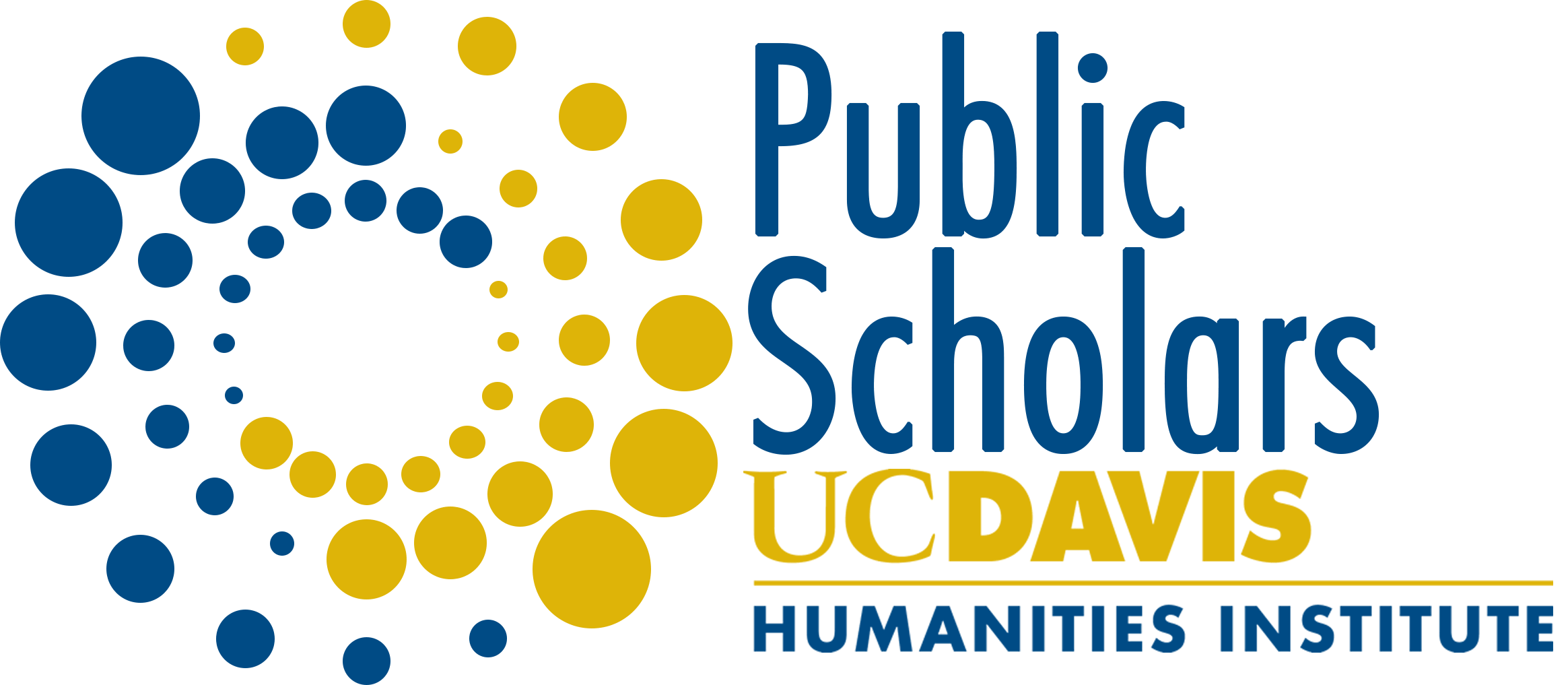Scholars and Mentors
- View the 2016 Scholars
- View the 2017 Scholars
- View the 2018 Scholars
- View the 2019 Scholars
- View the 2020 Scholars
- View the 2021 Scholars
2022 Scholars
The 2022 cohort of Mellon Public Scholars represent seven departments from across the arts, humanities, and humanistic social sciences. They have proposed a range of projects focused on Indigenous-led language recovery, Arab American Studies K-12 education, Hmong language education, Punjabi Sikh food and land practices, historic Chinese cookbooks, Quinault sound protocols, and much more. Their projects will employ a range of methods and forms; they will create museum exhibits, curriculum, digital oral histories, cookbooks, multimedia websites, and help organize community events.

Harleen Bal (Anthropology) Dharti Ma, “Earth Mother:” Digital Narratives of Punjabi Diaspora Farmers’ Relations to Land, Food, and Wellbeing
The Punjabi diaspora within the U.S. holds a cultural history intertwined with farming and environmental cultivation stemming from centuries of agrarian livelihoods. In the U.S., the Punjabi diaspora comprises a significant portion of farmers within northern and central California and holds an experience perched between geographies of the States and Punjab, as well as diverse cosmologies surrounding human-ecological relations. By partnering with the Jakara Movement, Harleen hopes to create a digital collection of narratives focused on agricultural labor and lifeways, food practices, and conversations around wellbeing within the Punjabi farming community within California. This collaborative project seeks to creatively explore and share such narratives in digital form within the broader diaspora community and beyond.
Faculty Mentor: Nicole Ranganath (Middle East/South Asian Studies).
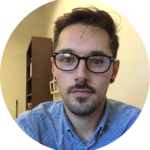
Aaron Benedetti (Cultural Studies) The LLACE Oral History Project
This project will establish an ongoing oral history project in conjunction with the Lavender Library, Archives, and Cultural Exchange (LLACE) of Sacramento. LLACE is a lending library, grassroots archive, and organizing space that centers and supports local queer and trans communities. In the short term, this project aims to preserve some of LLACE’s so-far-unrecorded institutional history by collecting and facilitating access to oral testimony from the volunteers and patrons who have maintained, and continue to maintain, this organization. This project also follows the example of certain activist archives and queer and trans community histories by building an infrastructure for ongoing community participation—in the form of a practical handbook for future narrators and interviewers. In the longer term, then, this oral history of LLACE may develop into a broader archive of testimony from queer and trans people throughout the Sacramento region.
Faculty Mentor: Lorena Marquez (Chicano/Chicana Studies).
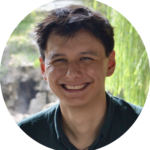
Ben Ruilin Fong (Comparative Literature) ‘Homestyle Cooking’ A San Francisco Chinatown Cookbook
Homestyle Cooking is a bilingual digital archive, cookbook, and story-gathering project that makes recipes, stories, and histories from the Davis Chinese Cookbook Collection available to its original community, the residents of San Francisco Chinatown. I will be working primarily with the Chinatown Historical Society of America (CHSA). Founded in 1963 and located at the YWCA building at 965 Clay, CHSA has been responsible for Chinatown-centered archives since its founding and has worked with Chinatown residents and Chinese Americans to produce exhibits, readings, workshops, and programs. With CHSA, ‘Homestyle Cooking’ digitizes the Davis Chinese Cookbook Collection and its materials through both a bilingual website and a physical and digital bilingual cookbook.
Faculty Mentor: Wendy Ho (Asian American Studies / Gender, Sexuality & Women’s Studies)
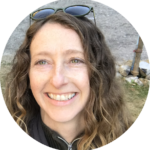
Rosemary Hannon (Performance Studies) International House Davis: Artist Liaison for 2022 International Festival
Rosemary will join the I-House organizing team for the 2022 International Festival on October 2, 2022 as Artist Liaison to work directly with the artists participating in the festival. As Artist Liaison, she will be an excellent communicator, have experience or interest working with artists and in public art events organizing, and apply attention to detail regarding logistics and administration. Rosemary will help to contextualize the performances of the artists and culture bearers; asking, “How can we deepen and center the contexts, histories, and meanings of artistic expressions beyond a one-day performance festival?” This might include running social media campaigns to highlight the artists, generating interpretive materials to deepen understanding of the art practices, creating community engagement experiences at the festival, or other possibilities.
Faculty Mentor: Hulleah Tsinhnahjinnie (Native American Studies).
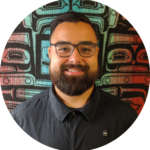
Tory Johnston (Native American Studies) Putting a Song on taptaanǝ: Quinault Musicking for Sound Protocols
Tory’s project seeks to bring together two spheres of influence in the Quinault Indian Nation; Quinault drummers and singers and Quinault Indian Nation’s governing body. Borne out of collective inquiry on the importance of aural ways of knowing (or auralities) in Quinault articulations of self, place, and nationhood, the project will investigate the potential of reasserting aurality as central to ways of ‘doing’ sovereignty in Taholah. By utilizing Quinault musicking as a methodology, the project will amplify Quinault song as immemorial, improvisatory Indigelogics through a sound protocols approach to research. The project is necessarily collaborative in principle and grounded in Quinault relationships to Taholah, the broader topographic region of the Pacific Northwest Coastline, and relationality between relatives across the waterscape. The main outcomes of this project will be an aural archive of Quinault song and a set of protocols to bring together Quinault drummers and singers and Quinault government officials.
Faculty Mentor: Joe Dumit (Science & Technology Studies).
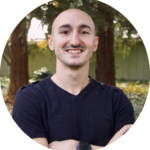
Beshara Kehdi (Cultural Studies) Arab American Studies K-12 Curriculum
This project aims to create a toolkit with ready made lesson plans for K-12 teachers on how to teach about Arab American histories and experiences. By collaborating with K-12 teachers, organizers and activists, poets, and a variety of cultural organizations across the state of California, it is a community driven and produced project and document that will be made freely accessible to educators. Following its distribution online, lesson plan creators will offer professional development workshops in the style of “teachers-teaching-teachers,” centered on how to facilitate specific lessons, and how to use the toolkit overall.
Faculty Mentor: Omnia El Shakry (History).
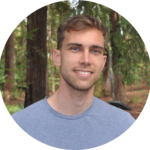
Cole Manley (History) City of Davis Arts & Cultural Affairs: Community Engagement with the Davis Centennial Seal
Building on the work of the 2021 scholar, Cole will collaborate with the artist, Susan Shelton, Davis Arts & Cultural Affairs, and community members, teachers, and students, to develop curriculum materials for K-12 educators related to the centennial seal. Cole will also help create a website or webpage to help interpret the seal, and it’s many historical and environmental themes, in an accessible format. Along with these projects, there will be materials developed for field trips to the seal. All of these resources will help Davis residents learn about the history of their town, as expressed through the seal, while also jumpstarting important conversations about the town’s present and future direction.
Faculty Mentor: Gregory Downs (History).
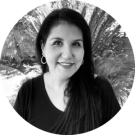
Kimberly Morales Johnson (Native American Studies) Developing a Tongva-led Archive for the Kuruvungna Springs Collection
The Mellon Public Scholars Program will allow me to begin a community-engaged project: categorizing and documenting over 200 artifacts that have been recovered at the very last Gabrieleno Tongva Sacred Site, Kuruvungna Springs in collaboration with the Los Angeles-based community organization, the Gabrielino Tongva Springs Foundation (GTSF). Commonly referred to as “The Springs”, the site is located on the campus of University High School, a charter high school in Santa Monica, California. My ancestors, my family and I are Gabrielino/Tongva people, the original caretakers of land that encompasses a large part of Southern California. We are the Native American Tribe of Greater Los Angeles, Orange County, and the Southern Channel Islands. Our longevity, our existence and our land is always, continuously threatened by commercial and real estate development, discriminatory land use policies and a general disregard for our cultural human rights.
Faculty Mentor: Hulleah Tsinhnahjinnie (Native American Studies).
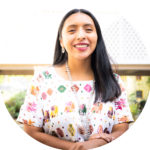
Ingrid Sub Cuc (Native American Studies) Ruk’ux Ri Qawinaq: Indigenous-Led Language Revitalization in Kaqchikel Communities
This project will gather a group of interdisciplinary scholars, community elders and leaders to develop Kaqchikel language learning curriculum and writing materials designed to help Kaqchikel speakers develop writing and reading skills in the Indigenous Kaqchikel Maya language. The destruction of our ancestral writing system has been well documented, and this action during the early years of colonization was a devastating blow to our intellectual sovereignty as Indigenous peoples. It is no wonder then that, even though 22 Maya languages are still spoken today in our homeland of Iximulew, very few of us who speak our languages know how to read or write them. By applying models of heritage language learning and teaching in Guatemala, I hope to develop – with my mentors – curriculum that centers our unique needs as Kaqchikel speakers to facilitate learning that honors the dignity and wellbeing of our language and community.
Faculty Mentor: Justin Spence (Native American Studies) research focuses on three main areas of interest: Native American languages – especially Hupa and the other Pacific Coast Dene (Athabaskan) languages – language documentation, and historical linguistics. I use a variety of methods to investigate the historical relationships obtaining between the Pacific Coast Dene languages and the rest of the Dene language family.
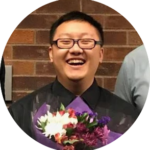
Sun Ny Vang (Music) Seev Suab [Sing Out!]: Learning and Performing Kwv Txhiaj and Lug Txaj [Chant Stories] as Hmong Placemaking in Diaspora
Seev Suab is a community-based music education project at North Sacramento-based non-profit organization, Hmong Youth and Parents United. Community elder, Xou Vang, and ethnomusicology PhD student, Sun Ny Vang, are co-teaching a vocal music course that examines the role of kwv txhiaj and lug txaj [chant stories] in Hmong lifeways, which may include topics, among others: worldviews and cosmologies; politics; and identity formations, such as race, gender, and sexuality. Specifically, we take a musical approach to learning and performing chant stories as well as providing the space for students to create their own individually and/or collectively by collaborating with local community artists.
Faculty Mentor: Jessica Bissett Perea (Native American Studies).
